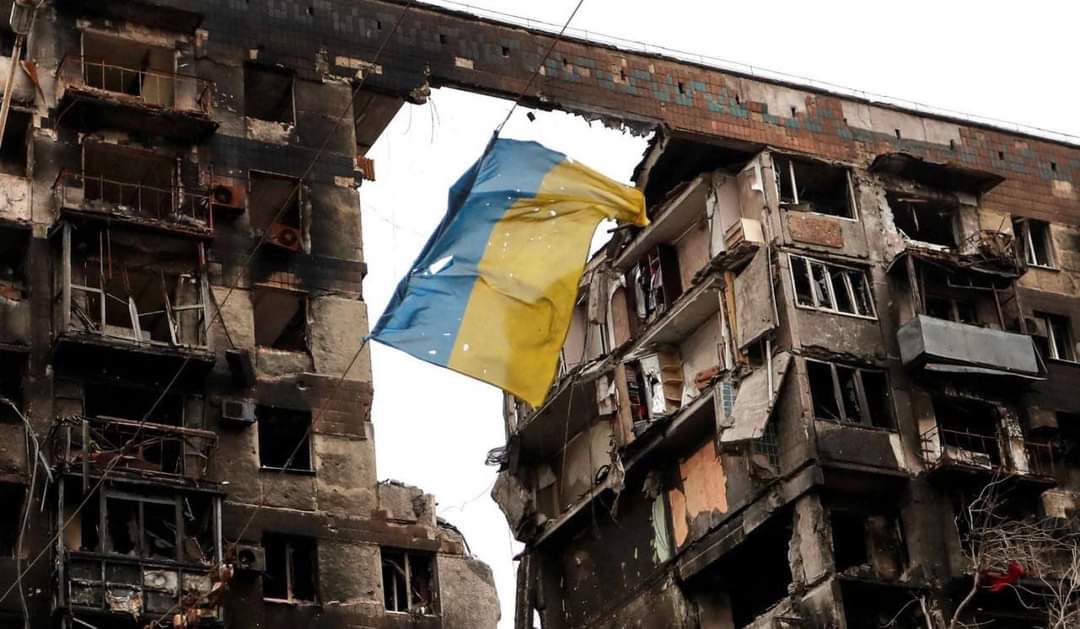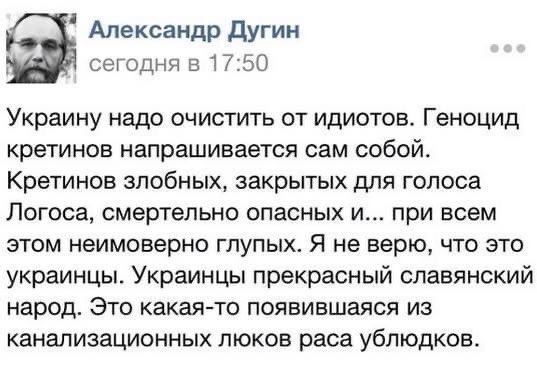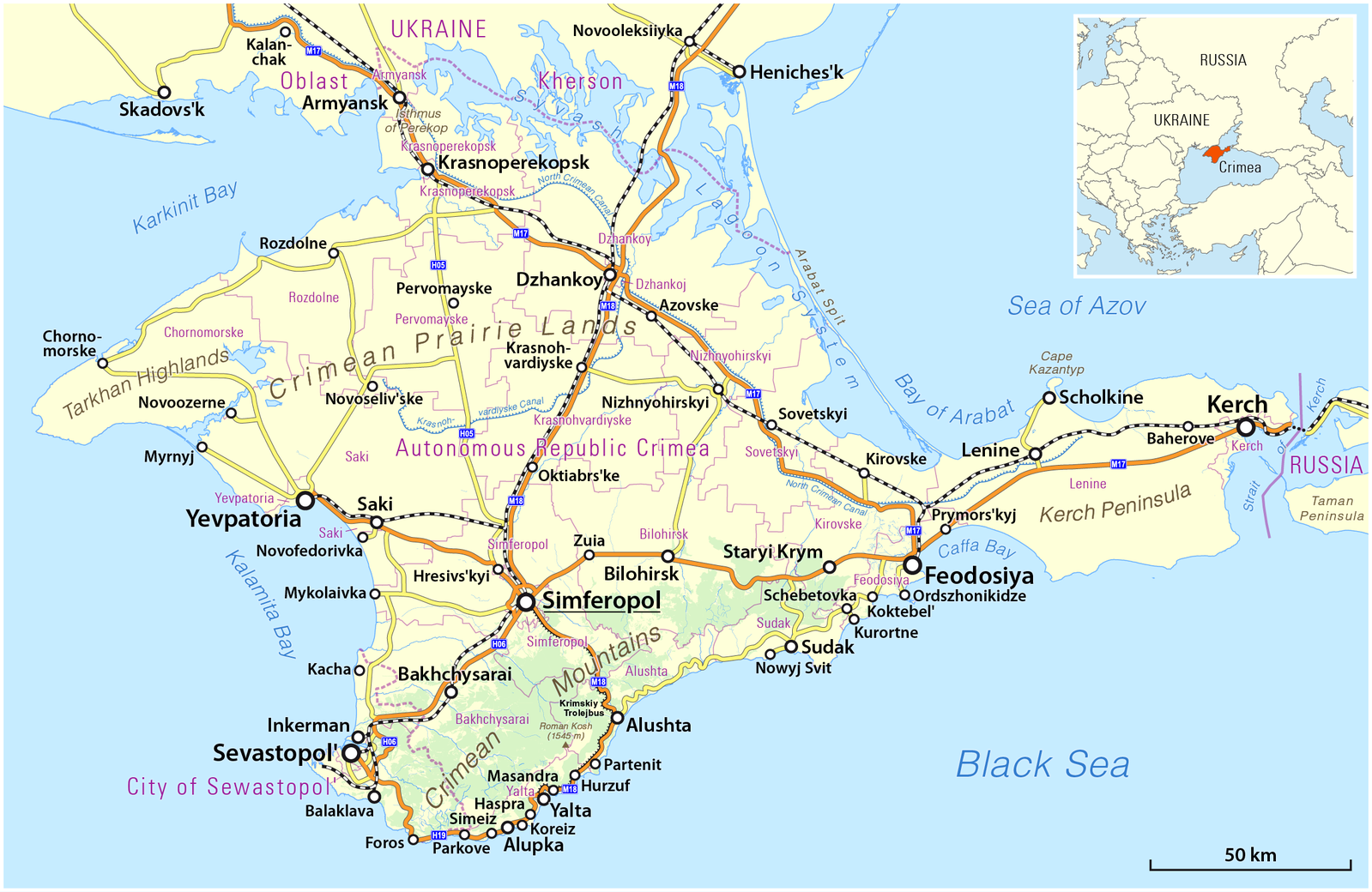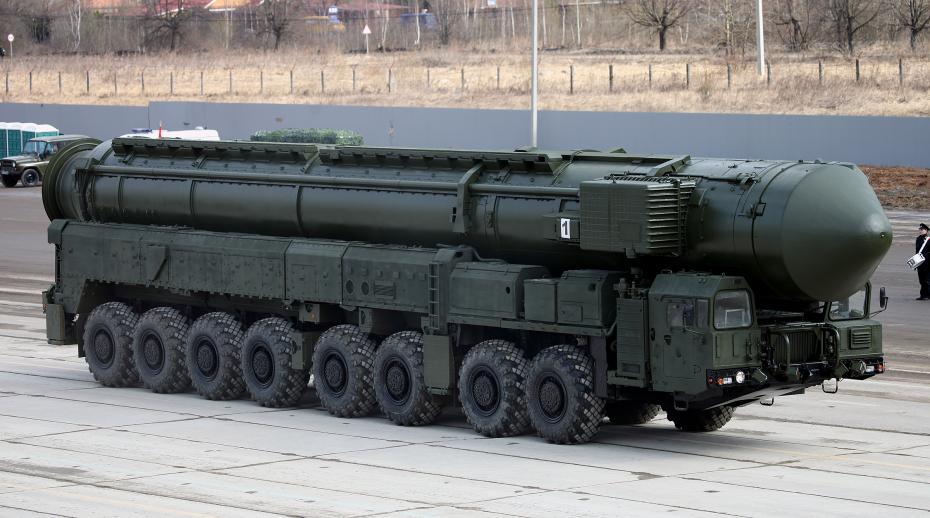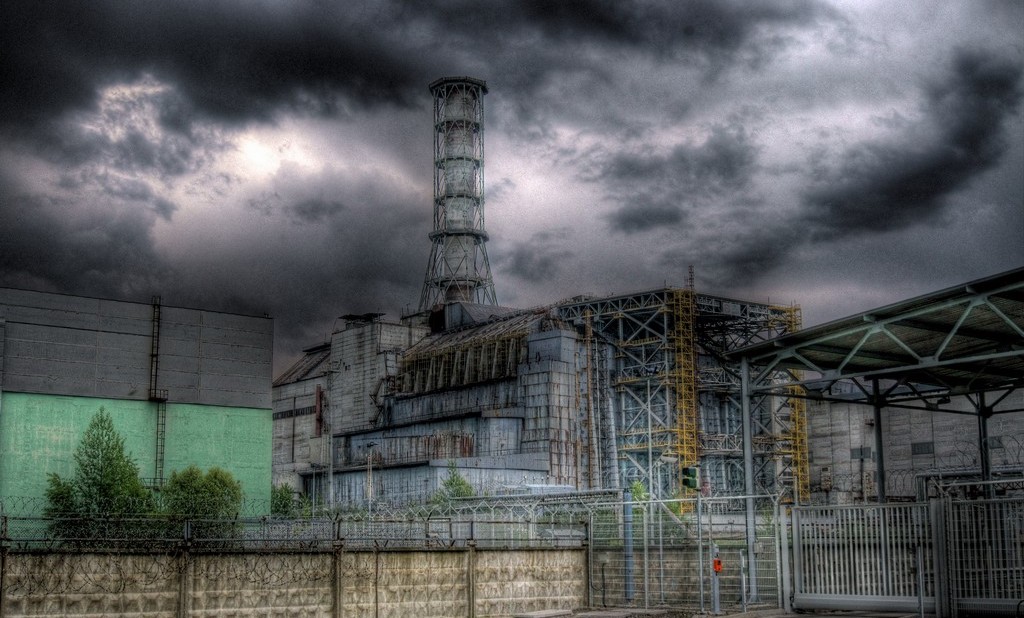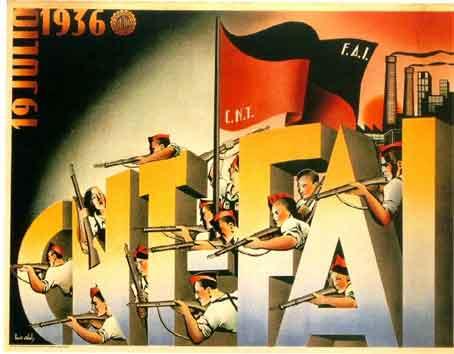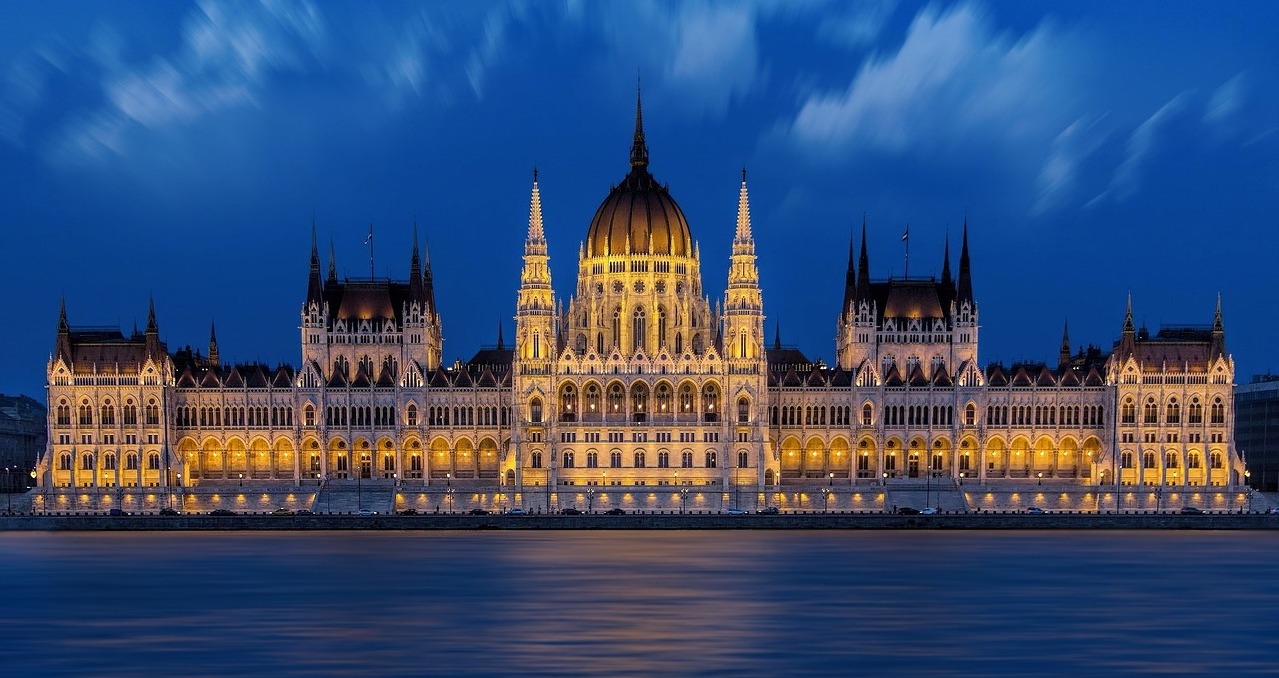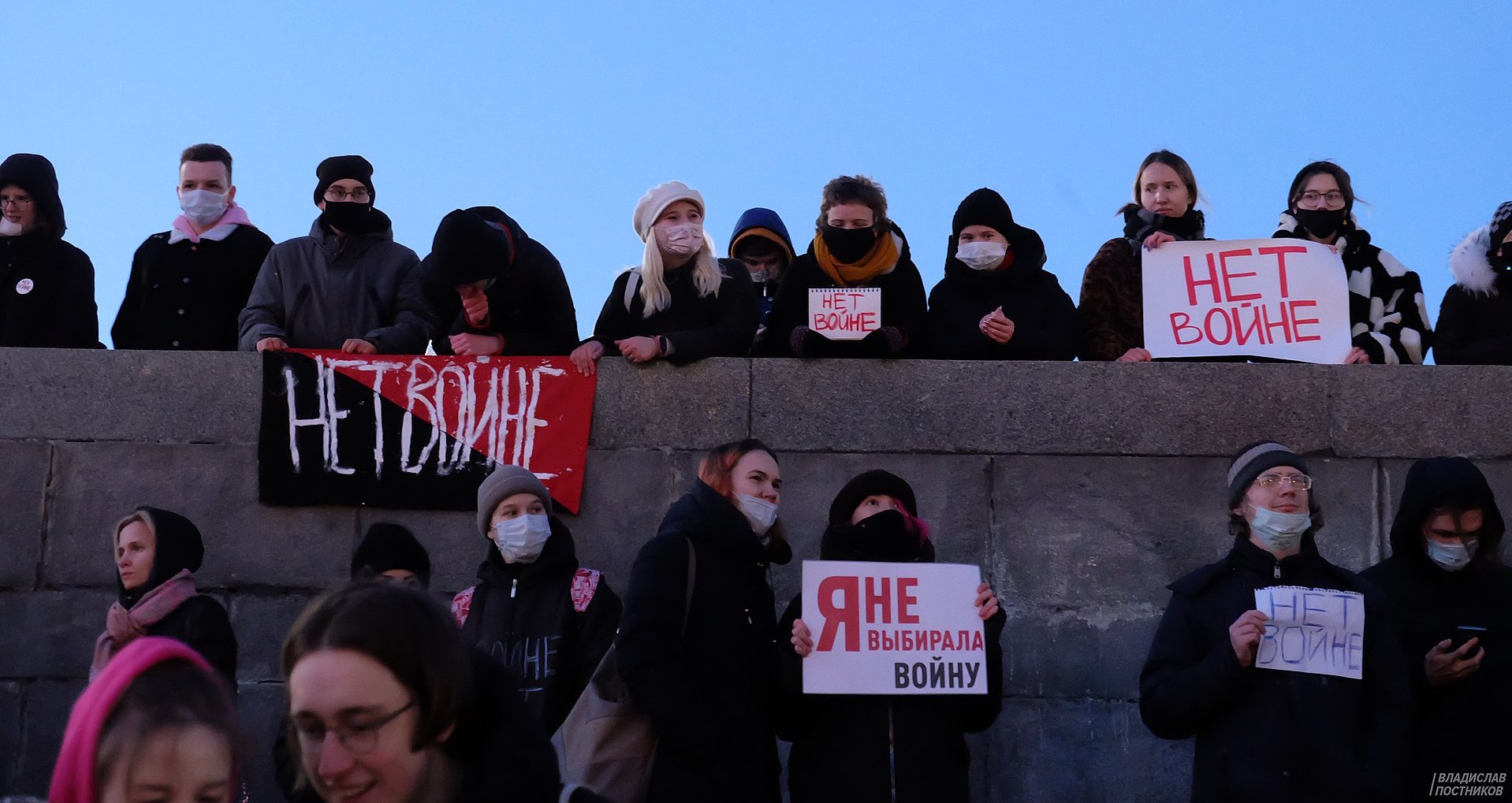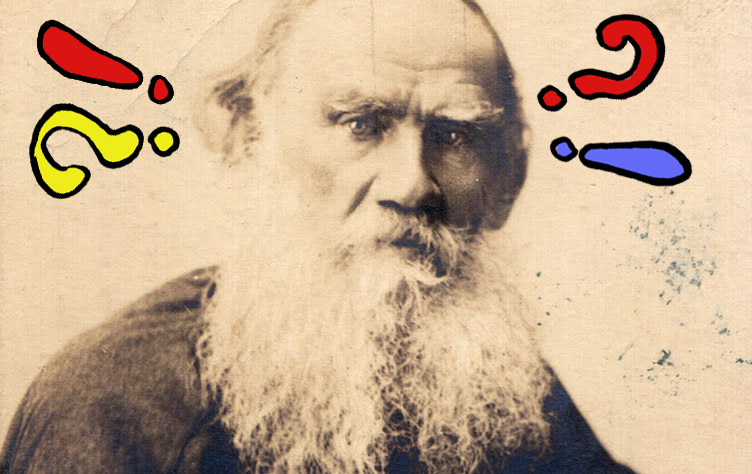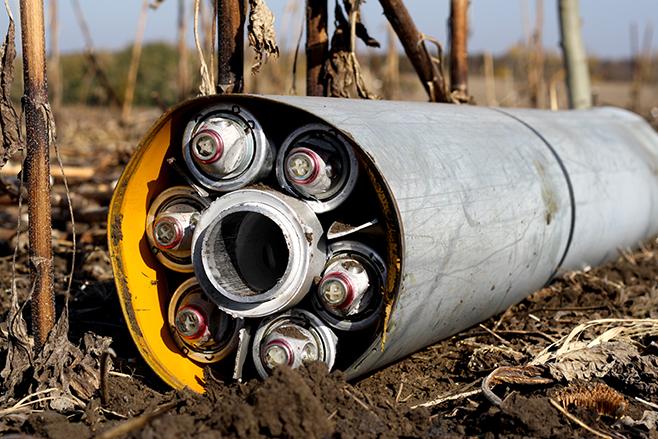
Russia slammed for use of cluster munitions
This year alone, Russian forces are believed to have launched hundreds of cluster munition attacks in contravention of various principles of international humanitarian law, according to a scathing report by the Cluster Munition Coalition (CMC), an international advocacy group. Cluster munitions are weapons that contain dozens to hundreds of explosive submunitions. They open mid-air, flooding massive areas with explosions, making it effectively impossible to limit destruction to an intended target. “Russia’s extensive use of internationally banned cluster munitions in Ukraine demonstrates a blatant disregard for human life, humanitarian principles, and legal norms,” Human Rights Watch arms advocacy director Mary Wareham said in a statement accompanying the release of the report. (Photo: Ole Solvang/HRW)



